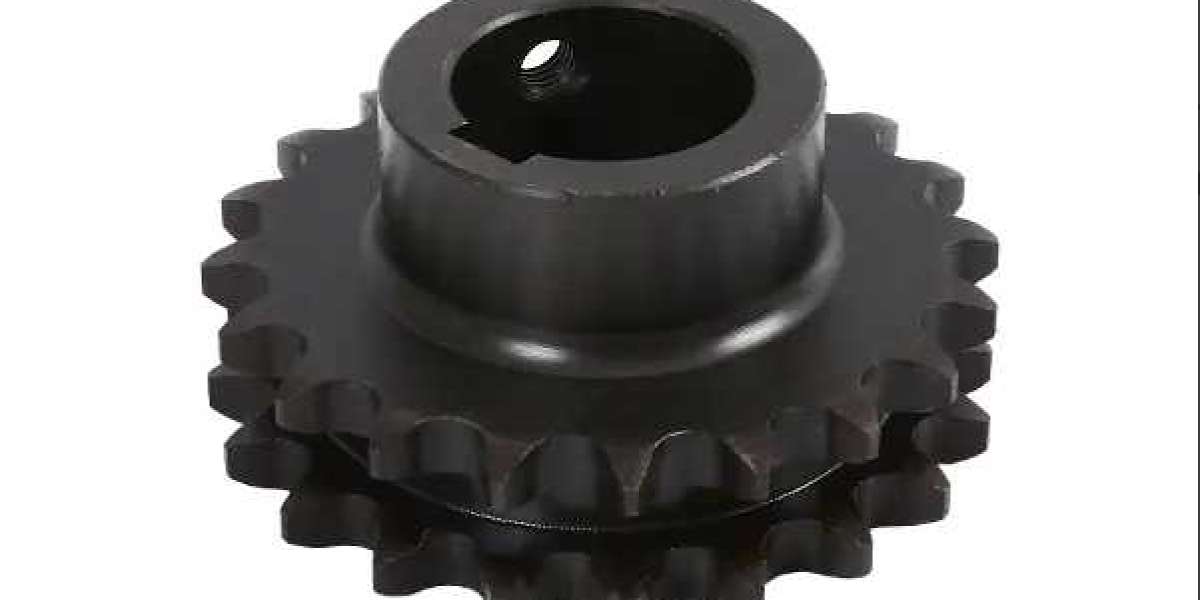In modern agriculture, the role of agricultural shafts extends beyond simple power transmission. These components are integral to the efficiency and effectiveness of contemporary farming practices, adapting to technological advancements and changing agricultural needs.
One significant aspect of agricultural shafts is their contribution to precision farming. As farming technology evolves, so do the requirements for machinery. Shafts are now designed to work with advanced equipment such as GPS-guided tractors and automated harvesting machines. This integration enhances productivity and allows for more precise application of resources.
Moreover, the development of lightweight materials has influenced the design of agricultural shafts. Modern shafts are often made from high-strength, lightweight materials that improve fuel efficiency and reduce strain on machinery. This shift not only contributes to lower operational costs but also aligns with sustainability efforts in the agricultural sector.
Another important factor is the versatility of agricultural shafts. They are designed to accommodate various attachments and implements, enabling farmers to adapt their equipment for multiple tasks. This flexibility allows for a more efficient use of resources and reduces the need for multiple machines.
In summary, agricultural shafts are vital in supporting the advancements in modern farming. Their ability to integrate with new technologies, combined with a focus on lightweight design and versatility, ensures that they remain essential components in the drive for more efficient and sustainable agricultural practices.








